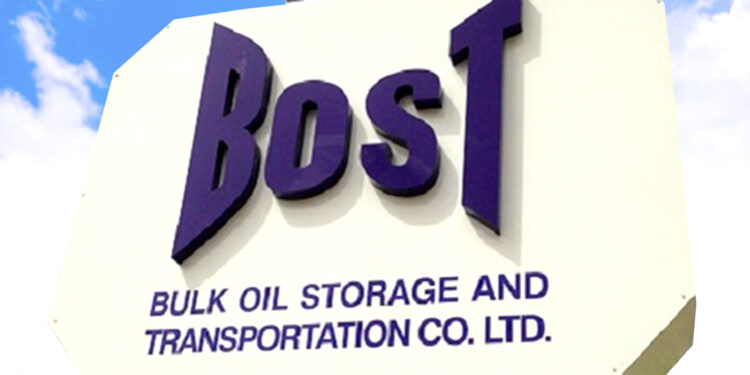Gold-for-Oil: Potential losses by BOST under policy envisaged
The Bulk Oil Storage and Transportation Company Limited (BOST) in Ghana is expected to face potential losses under the government’s gold for oil policy, according to the Executive Director of the African Centre for Energy Policy (ACEP), Benjamin Boakye.
Boakye has raised concerns about the import cost of fuel under the policy, which he argues is higher than the cost at which Bulk Distribution Companies (BDCs) in the country purchase fuel from BOST under the programme. As a result, BDCs are likely to undercut prices from BOST, causing losses for the company.
These assertions come amidst an anticipated decline in fuel prices at the pumps, expected to range between 3% and 10% starting from March 16, 2023. However, Boakye has argued that this decline is not due to the government’s gold for oil policy.
Instead, he attributes it to the reduction in oil prices on the international market, with Brent and WTI falling to $73 and $66 per barrel respectively. Boakye also notes that the relative stability in the cedi supports the decline in fuel prices.
Boakye’s statement contradicts that of the Vice President of Ghana, Dr Bawumia, who claims that the anticipated decline in fuel prices is due to the government’s gold for oil policy, which he further asserts that, will result in foreign exchange earnings of over $4.8bn for the country.
The potential losses for BOST and the contradicting statements from Boakye and Dr Bawumia raise concerns about the impact of the gold for oil policy on the Ghanaian economy. While the policy aims to boost foreign exchange earnings for the country, it is essential to consider the impact on BOST’s financial viability and the potential implications for Ghana’s fuel prices.
Moreover, the government needs to consider the concerns raised by industry experts and conduct thorough analyses to determine the best approach for balancing the country’s economic goals and BOST’s financial sustainability. These analyses should include the impact of the policy on BOST’s operational costs and the potential competition from BDCs. Additionally, the government should consider exploring alternative ways of boosting foreign exchange earnings, such as diversifying the country’s export base or investing in other sectors.
As Ghana seeks to advance its economic growth and development, it is crucial to have a comprehensive understanding of the implications of policy decisions on the country’s industries and economy as a whole. Only then can the government make informed decisions that balance the interests of all stakeholders and foster sustainable economic growth.









It’s sad for the analyst to project a negative idea, just because the concept does not fall into his. There are only two main commodities in the world, oil and gold. Depending where you’re, you can use any of the two as your medium or exchange, just rapping it with a printed currency called dollar, euro, pound etc Ghana has got both gold and oil, decides to sell both at different banks and use the proceeds to pre-finance her imports, instead of going straight to the bank to buy the foreign currency. How can this lead to a loss? Come again. It’s better for you to come out with your proposals or solutions rather than waiting for others to come out for you to rubbish it. #Ghana Shall Rise Again. Ghana is Rising